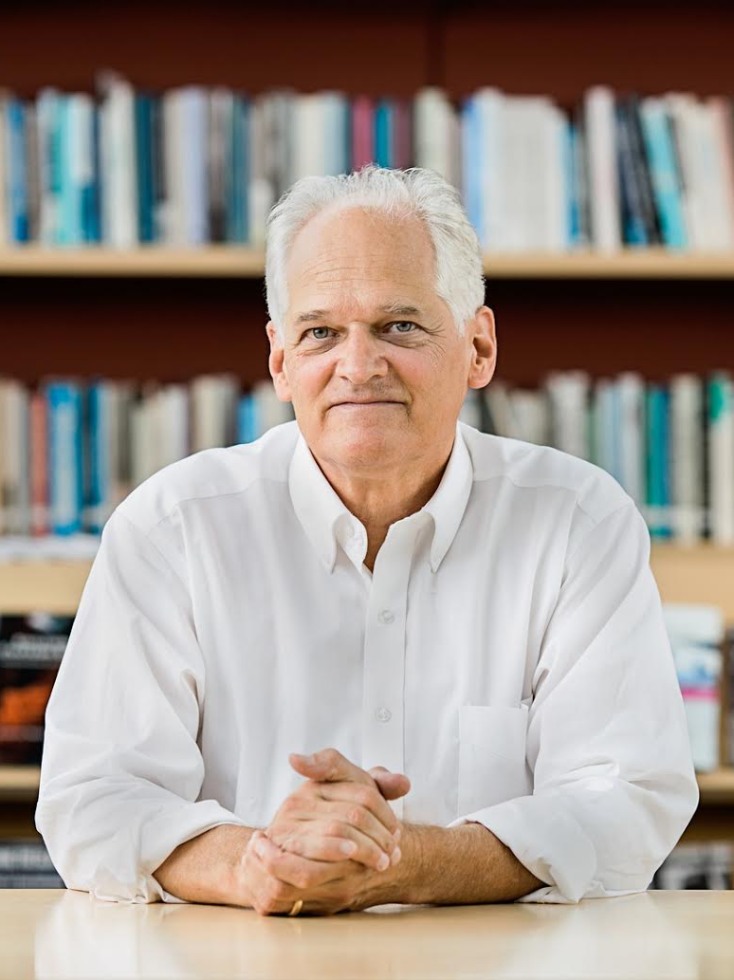Nick Ziegler, concluding his second year as director of the Watson Postdoctoral Fellowship Program, uses one word to describe the eight fellows who are leaving: “fantastic.”
It’s not just that they were among the very best recent Ph.D.s in their disciplines. Or that they were selected from a pool of some 500 applicants. Or that they are doing the kind of “world-class, hands-on” social science research that Watson promotes.
It’s also that they worked so well with and for each other. “They generated a remarkable degree of cohesion, a mutually supportive culture, despite the real differences in their disciplines,” he says.
For example, in addition to engaging in the program’s formal components – monthly Works in Progress gatherings, practice job talks, and publication workshops – the fellows developed an informal writing group and, in some cases, invited their partners, if they were academics, to participate in the life of the program. “While Watson can provide the enabling conditions for that kind of small group culture and cohesion, only the fellows themselves can provide the catalyst for making that happen.”
“It was great to be part of an inter-disciplinary cohort,” says historian Anthony Pratcher. “My program colleagues pushed my thinking in directions I had not expected. I’m a better scholar because of it.”
